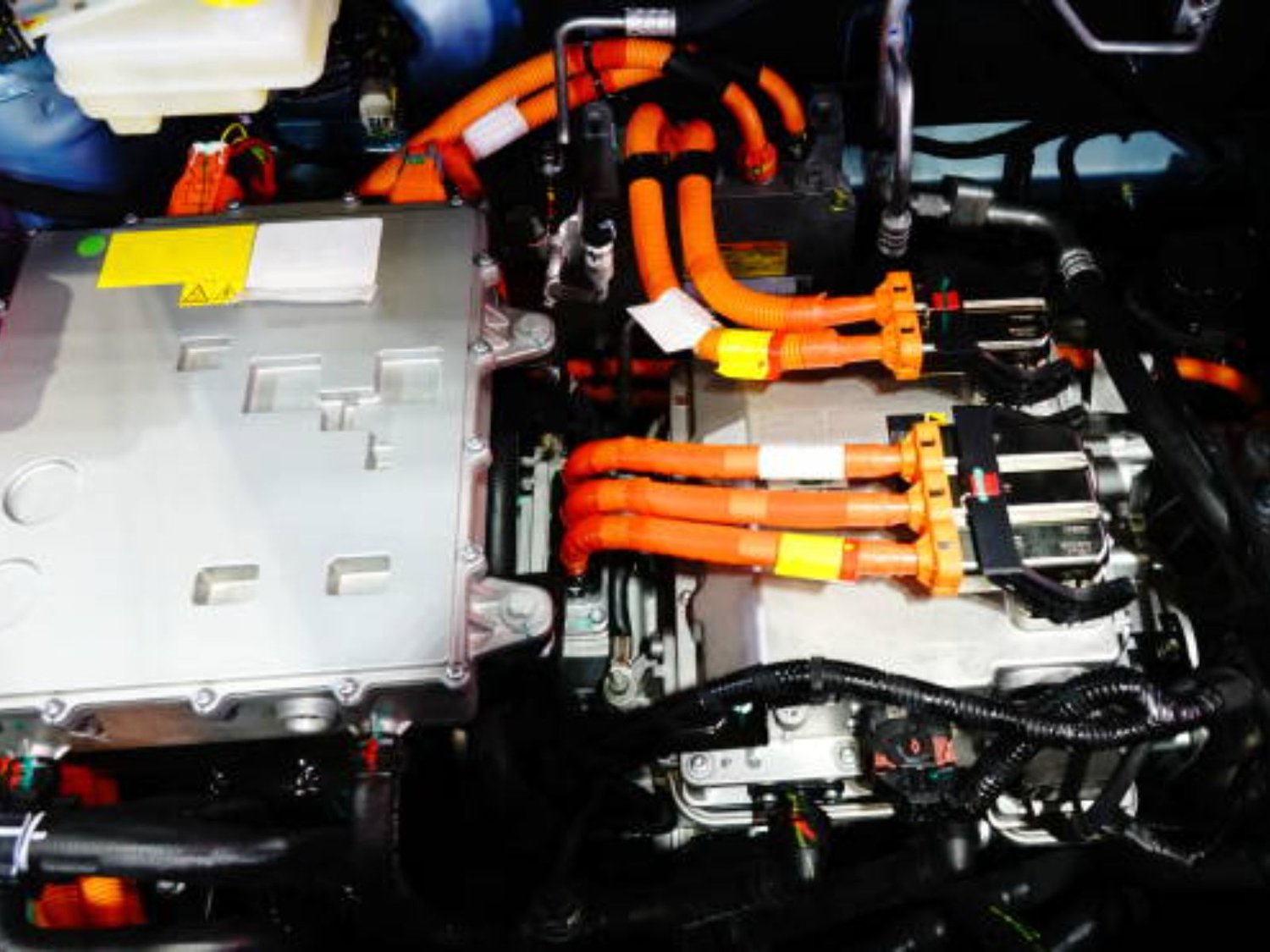Introduction
In today's automobile industry, the focus is shifting towards electric vehicles and hybrids. To make them more efficient and reliable, the use of a Battery Management System (BMS) is crucial. In this article, we will dive deep into what BMS is, its components, functions, and the benefits of having BMS incorporated in your vehicle.
What is BMS?
Battery Management System or BMS is an electronic system that monitors the health, status, and performance of the battery pack in an electric vehicle or a hybrid vehicle. It is responsible for managing the charging and discharging of batteries, maintaining the state of charge, and protecting the batteries from damage or overcharging.
Components of BMS
A typical BMS consists of several components like a main controller, cell voltage sensors, current sensors, temperature sensors, contactors, and relays. The main controller processes the data from various sensors and decides the optimal charging and discharging strategy for the battery pack. The cell voltage sensors measure the voltage of each and every cell in the battery pack, and the current sensors monitor the current flow in and out of the battery pack. The temperature sensors measure the temperature of the battery pack and the ambient temperature.
Functions of BMS
The primary function of the BMS is to monitor the state of health (SOH), state of charge (SOC), and state of function (SOF) of the battery pack. It is also responsible for protecting the battery pack from overcharging, undercharging, over-discharging, and overheating. The BMS regulates the charging and discharging of the battery pack to maintain its optimal performance and extend its lifespan. It also balances the voltage and current of individual cells in the battery pack to prevent any cell from being undercharged or overcharged, which can lead to cell failure.
Benefits of using BMS in Vehicles
The use of BMS in vehicles has several benefits like:
- Improved battery performance
- Increased reliability and durability of battery pack
- Extended battery pack life
- Higher safety standards and protection against battery failures
- Better energy efficiency and lower energy consumption
Applications of BMS
BMS is widely used in electric vehicles, hybrid electric vehicles, plug-in hybrid electric vehicles, and other battery-powered vehicles. It is also used in other applications like renewable energy storage systems, UPS systems, and power tools.
The future of BMS
With the increasing demand for electric vehicles and renewable energy storage systems, the use of BMS will become even more critical in the future. The latest advancements in technology, such as artificial intelligence (AI) and the Internet of Things (IoT), will enable more sophisticated and efficient BMS systems.

